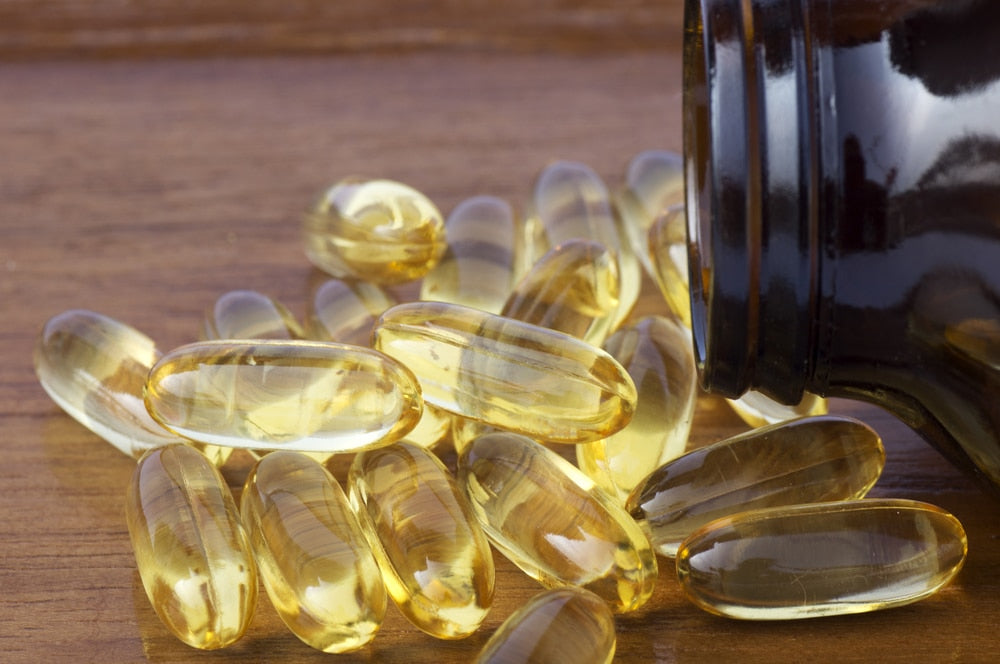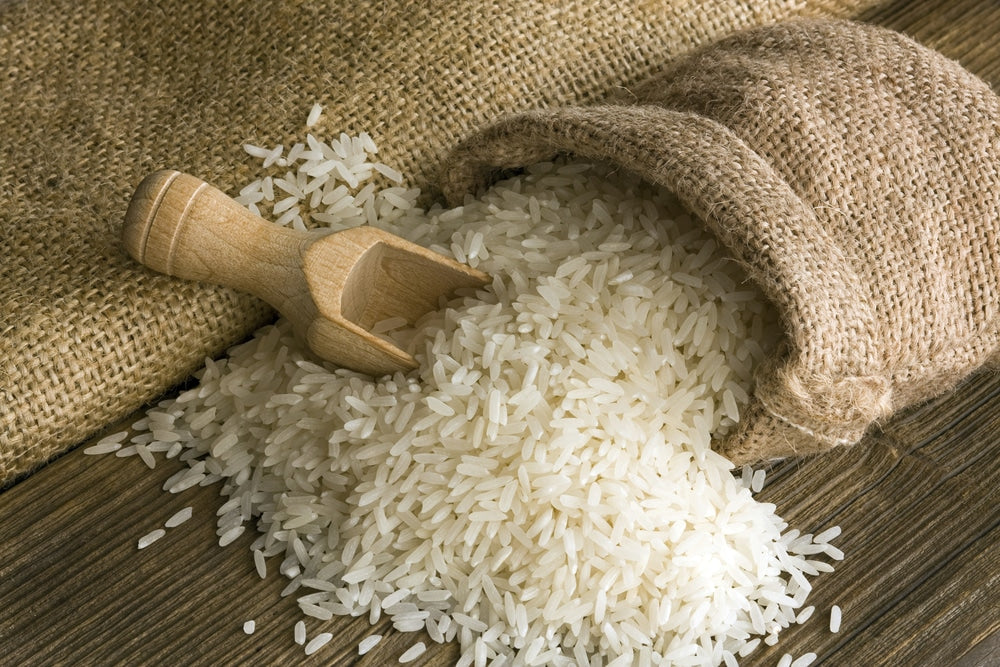
Do I Get All the Nutrients I Need From Food?
As a doctor, I’m often asked whether you can get all the nutrients you need from food.
And it’s no wonder so many people wonder about this. Getting all the nutrients we need from food would be…well…wonderful.
And in theory, we should be able to do that.
I advise everybody to eat as nutritiously as possible. That means eating lean organic grass-fed meats, organic veggies, healthy fats, and small amounts of organic fruits, nuts, and seeds, as well as a few superfoods, like bone broth.
But even if you do that, is it enough?
Unfortunately, probably not.
That’s because we live in a time when several things are working against us in terms of getting enough nutrients from food, including:
- Soil depletion: Commercial farms use the same land year after year for growing exactly the same crops. This results in the soil losing nutrients and, as a result, plants that have far fewer micronutrients than the ones people ate a couple generations back. Buying organic is definitely the way to go because you’ll avoid the many pesticides that can wreak havoc on your health. But studies show that organic produce isn’t necessarily higher in nutrients.
- Time from farm to table: How often do we get to yank a vegetable from the ground or pick a piece of fruit from a tree and eat it immediately? Not very. Instead, we eat fruits and veggies after they’ve spent days on a truck and then on a grocery store shelf. During that time, produce can lose a significant amount of nutrients.
- Water depletion: If you don’t use some sort of water filter, you’re likely consuming too much fluoride. But if you use a filter (which I recommend), you’re removing some important minerals from your water.
- Toxins are everywhere: Every day we’re bombarded by chemicals that didn’t even exist a few decades ago. They’re in plastic packaging, household cleaning products, clothes, furniture, and the air we breathe. There’s no escaping from toxic chemicals, and our bodies need extra nutrients to deal with them.
- Stress: Our lives are faster, busier, and more chaotic than the human body was designed for. That creates stress. And stress leaves us depleted and in need of more nutrients to cope.
Notice that everything I just mentioned is true for all of us, no matter how well we eat. Those who eat the standard American diet (SAD), full of processed food, sugar, and conventionally grown meat and produce need supplements even more.
Unfortunately, many people who eat that way think they can just pop a drugstore brand multivitamin or a children’s chewable and be done with it.
That doesn’t work for two reasons.
First, those vitamins are usually loaded with fillers and dyes and aren’t actually very effective or good for you. And second, there is no way that a vitamin pill can make up for poor nutrition.
So, if you’re concerned about your nutrition, start eating well first.
Assuming you’ve done that, it’s time to optimize things with just the right supplements. So what are they?
Here are the supplements I recommend for most people:
- Fish oil: Rich in omega-3 fatty acid, supplementing with fish oil can protect your heart, your bones, your brain, and may even slow down general aging. It’s an anti-inflammatory, can increase fat burning, and has been shown to lessen symptoms of depression.
- Green (veggie) powder: This is an excellent way to load up on nutrients, vitamins, and antioxidants derived from both land vegetables, such as beetroot, bok choy, broccoli, kale, parsley, spinach, and wheatgrass, and from sea plants, such as algae, kelp, spirulina, and chlorella. (Green powders vary in terms of ingredients and flavor.)
- Magnesium: This mineral reduces inflammation and provides protection from heart disease, diabetes, osteoporosis, and certain cancers.
- Probiotics: Flooding your gut with good bacteria helps keep your entire body healthy and running smoothly.
- Vitamin C: Boosts your immune system and helps protect against a long list of things including cardiovascular disease, diabetes, eye disease, certain cancers, and wrinkles.
- Vitamin D: Despite the name, some argue about whether this is really a vitamin or a hormone. By definition, vitamins must be acquired through diet while hormones are made in the body. But Vitamin D is a little of both. Our body makes it, and we need to consume it. The bottom line is, it’s a good idea to supplement with Vitamin D to keep your bones and teeth healthy and to protect yourself from a host of diseases including some cancers, type 1 diabetes, and multiple sclerosis.
Really, instead of asking whether we can get all the nutrition we need from food, we should ask what’s the absolute best we can do to stay young, vibrant, and healthy for as long as possible.
And the answer is: Eat a healthy diet and take just the right supplements.







